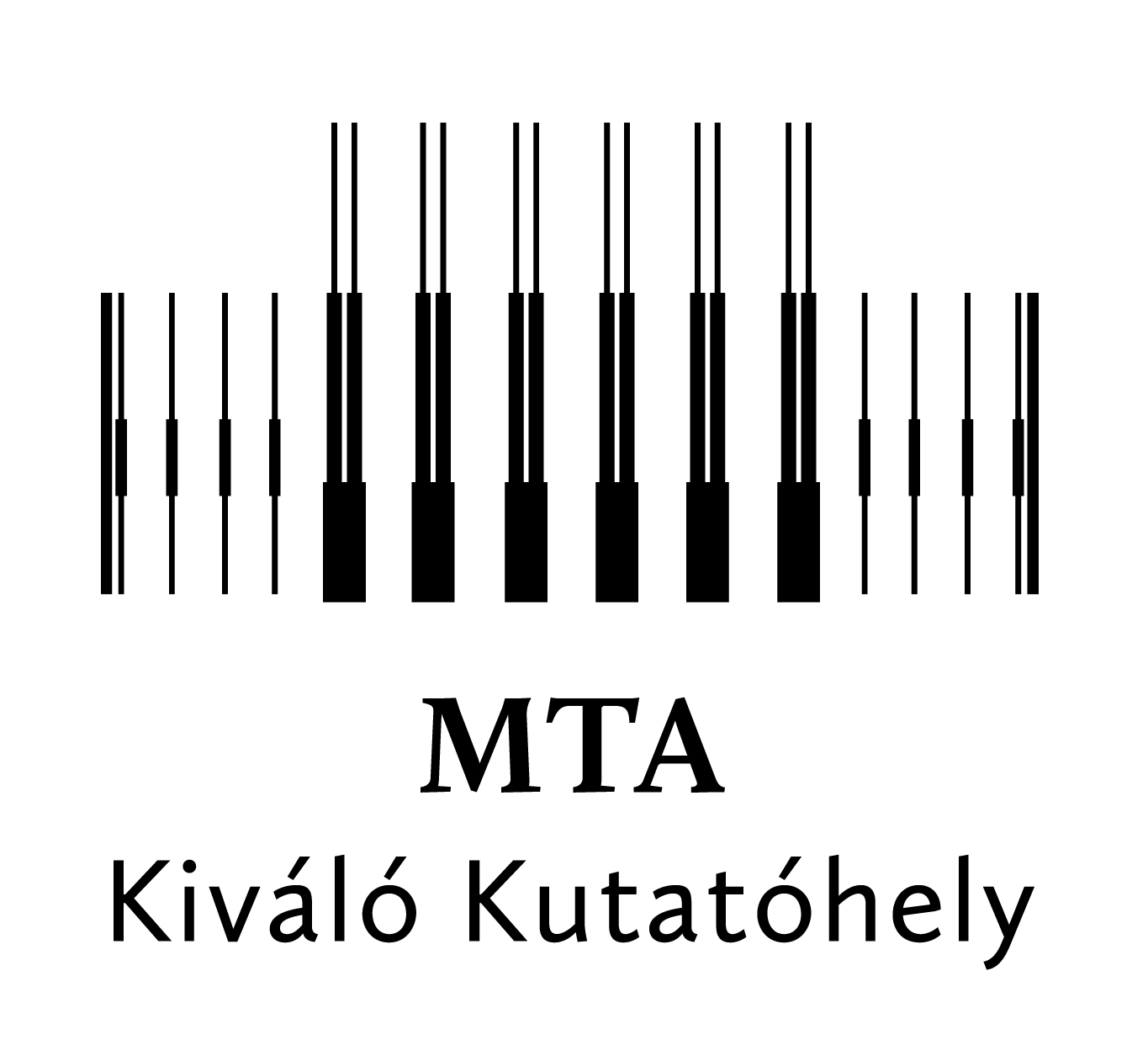Az előadás elmarad!
INVITATION
Professor Muriel Medard from the Massachusetts Institute of Technology, honorary doctor of the BME, will give a lecture titled "Universal decoding - revisiting the need for standardization in error-correcting codes"
on June 2, 2023, at 16:00, in room Q1Simonyi
Please indicate your intention to attend: https://forms.office.com/e/Z8zshkSufH
The summary of the presentation is:
While 5G has provided some notable successes in introducing new technologies, such as millimeter wave and adoption of massive multi-input multi-output (MIMO), many of the above desiderata have been pushed at this stage to 6G. The causes of these unrealized ambitions are varied, but much can be attributed to the fact that the architecture of 5G remains patterned after previous generations, an overlay of many quasi-sedimentary layers of successive legacies, from conventional suboptimal modulations, to interleaving over channels, to being limited to a small number of long-and low-rate physical layer codes such as LDPCs, to hybrid ARQ and ARQ repetition at the MAC and transport layers.
5G has often resorted to increasing bandwidth to mask the inefficiencies of these legacy issues by running systems in fast forward.
Paradoxically, these multiple layers have not led to a finely granular design that enables innovation in various subcomponents. The different sublayers, often harking to old technology that was developed for other settings, are too numerous and complex to allow real co-design and optimization. Current standards practices have tended to have highly prescriptive solutions for the different components of networks that suffer from the drawbacks of separate design while still proposing monolithic solutions that lack adaptability
We propose in this talk a modular approach that may resolve the current logjam. While ORAN has made significant strides in modularizing management systems, physical layers remain constrained by an architecture that does not correspond or respond to current technology.
Our principles are borrowed from the successful approach of creating new interfaces and APIs to general units. In a manner akin to having a call to a general processing unit (GPU), we propose to organize systems according to units that fulfill a purpose, in a way that enables each unit to be modular, to permit incorporation of new technologies without undue obstacles.
Biography:
Muriel Médard is the NEC Professor of Software Science and Engineering in the School of Engineering at MIT and a Professor in the Electrical Engineering and Computer Science (EECS) Department at MIT. She leads the Network Coding and Reliable Communications Group in the Research Laboratory for Electronics at MIT and Chief Scientist for Steinwurf, which she has co-founded. She obtained three Bachelors degrees, as well as her M.S. and Sc.D, all from MIT. Muriel is a Member of the US National Academy of Engineering (elected 2020), a Member of the German National Academy of Sciences Leopoldina (elected 2022), a Fellow of the US National Academy of Inventors (elected 2018), American Academy of Arts and Sciences (elected 2021), and a Fellow of the Institute of Electrical and Electronics Engineers (elected 2008). She holds Honorary Doctorates from the Technical University of Munich (2020) and from The University of Aalborg (2022).
She received the 2019 Best Paper award for IEEE Transactions on Network Science and Engineering, the 2018 ACM SIGCOMM Test of Time Paper Award, the 2009 IEEE Communication Society and Information Theory Society Joint Paper Award, the 2009 William R. Bennett Prize in the Field of Communications Networking, the 2002 IEEE Leon K. Kirchmayer Prize Paper Award, as well as nine conference paper awards. Most of her prize papers are co-authored with students from her group. Muriel has over sixty US and international patents awarded, the vast majority of which have been licensed or acquired.
